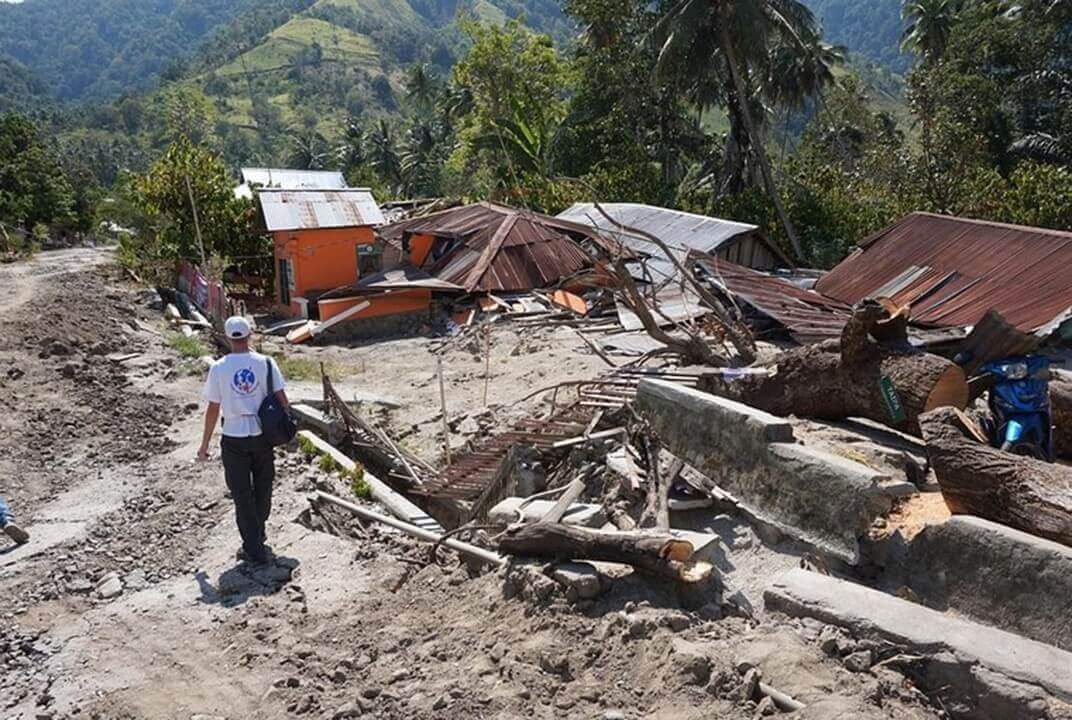TSF on standby to provide crucial satellite communications in Philippines
Télécoms Sans Frontières (TSF), the Inmarsat-sponsored telecoms aid agency, is on standby in the Philippines to provide vital support to families left homeless by Typhoon Hagupit as well as help co-ordinate aid.
So far, 21 people have lost their lives to the typhoon, known locally as Ruby, as it struck Masbate and Eastern Samar, causing floods and landslides and destroying hundreds of thousands of homes, leaving many families homeless.
As the typhoon – now downgraded to a tropical storm – sweeps across the country, many islands and provinces remain inaccessible by land, sea and air, making it impossible for those who have lost their homes to contact worried relatives and friends.
Priority calls
The TSF field team is on standby to travel to the south-east of the island province of Masbate, where some 137,200 people – 30,000 families – have been affected by the typhoon. Once there TSF can provide free priority calls using IsatPhone Pro satellite phones, so that people can tell their loved-ones they are safe.
The team arrived in Manila yesterday (Sunday) where they are working with the United Nation Assessment and Coordination team (UNDAC) on sharing and gathering as much information as possible on the affected zones.
TSF is ready to provide BGAN terminals to UNDAC assessment teams in their field evaluations, allowing for better coordination and information flow between field teams, UN regional offices and UN agencies.
Crucial connectivity
Alongside numerous NGOs, TSF is also working with the Humanitarian Country Team (HCT) for the Philippines to define the areas needing help.
In addition, local operator SMART is also working with TSF on identifying the telecommunications infrastructure hit hardest by Hagupit.
The country feared a repeat of the damage caused by super Typhoon Haiyan last year when more than 7,000 people died or went missing, and vast parts of the country were destroyed, with many areas still recovering.

